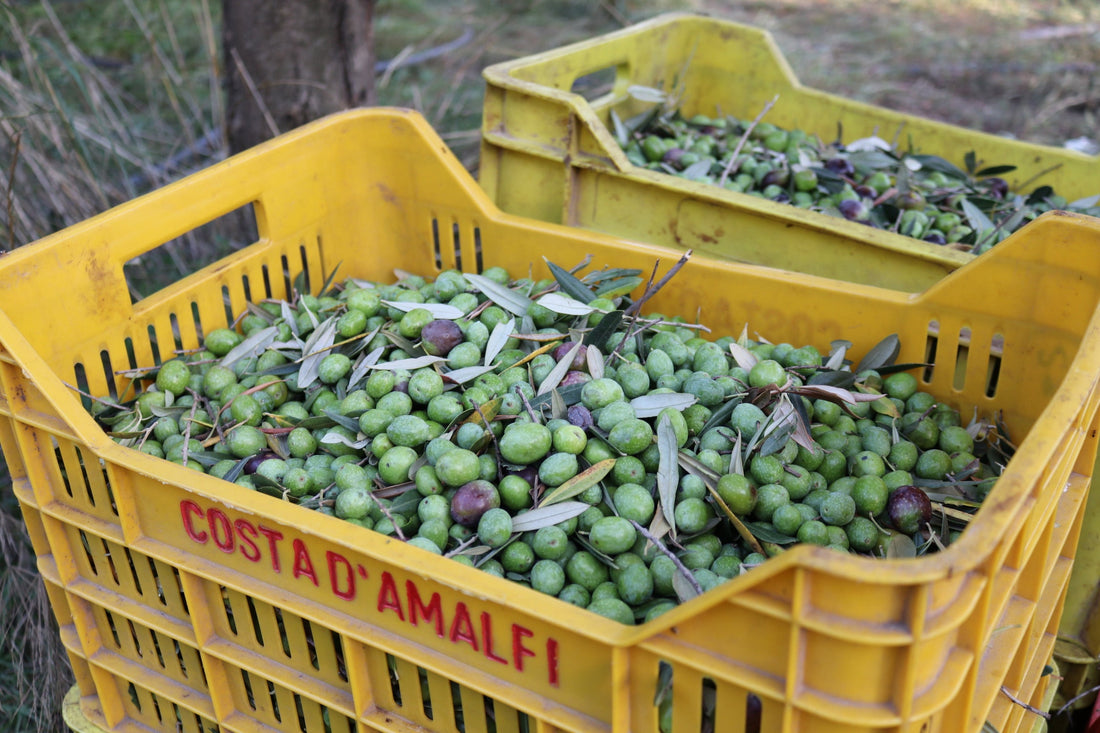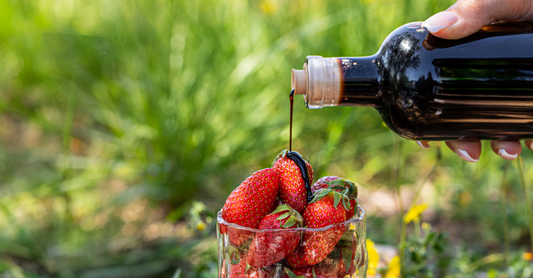Rich in health benefits, olive oil and omega 3 are an integral part of a balanced diet. These two key elements of nutrition are at the heart of the Mediterranean diet, renowned for its benefits on well-being and longevity.
In the culinary arts, olive oil is appreciated for its refined flavors and is used in various preparations, from salad dressing to marinating meats and vegetables.
As for omega 3, these polyunsaturated fatty acids are essential for the proper functioning of our body and must be provided through our diet.
Presentation of olive oil
Coming mainly from protected origin in Italy, Spain and Greece, olive oil is a vegetable oil obtained by cold pressing from the fruit of the olive tree, the olive. Its extra-virgin quality, a guarantee of its purity, is particularly prized by gourmets and gourmands. Many producers favor organic farming to preserve the virtues of olive oil, rich in vitamin E and antioxidants. Its regular consumption is associated with a reduction in the risks of cardiovascular diseases, heart attacks, diabetes and hypertension. It also helps regulate cholesterol and triglycerides.
Understanding omega 3 and its benefits
Omega 3s are essential fatty acids for our health. They are not produced naturally by our body and must therefore be provided through our diet. Olive oil is an excellent source of omega 3, especially when consumed raw, as part of a vegetarian or raw-food diet. These nutrients play a crucial role in heart and brain health, helping prevent cardiovascular disease and supporting mental health. In addition to its role in protecting the heart and brain, omega 3 also has anti-inflammatory properties and may help reduce symptoms of autoimmune and inflammatory diseases.
Olive oil, a rich source of omega 3
Olive oil , a key ingredient in Mediterranean cuisine, is recognized for its numerous health benefits. The polyunsaturated fatty acids it contains, notably Omega 3, play a crucial role in nutrition. Unlike other types of fat, omega 3 is beneficial for the heart, helping to reduce cholesterol and triglycerides. Extra-virgin olive oil, obtained by cold pressing, is particularly rich in these essential nutrients. It also contains a good dose of vitamin E and antioxidants, providing additional protection against cardiovascular disease.
Omega 3 in olive oil: types and quantities
Olive oil, especially that of the Lucangeli brand, is appreciated by gourmets for its fruity taste and distinctive flavor. But it is also a valuable source of omega 3. These essential fatty acids, which our body cannot produce, must be provided through food. Olive oil contains primarily alpha-linolenic acid (ALA), an essential fatty acid that can be converted to EPA and DHA, two other types of omega 3, in the body. In terms of quantity, one tablespoon of extra-virgin olive oil can provide about 1% of the recommended ALA intake.
Comparing Olive Oil to Other Sources of Omega 3
If olive oil is a source of omega 3, it is not the only one. Oily fish, flax seeds or nuts also contain large amounts. However, olive oil has the advantage of being a plant-based source, making it ideal for vegetarian or raw-food diets. Furthermore, unlike other vegetable oils, olive oil can be used both as a seasoning in salads or vinaigrettes, but also in marinades or for cooking. Finally, olive oil is produced from olives grown according to the principles of organic farming, guaranteeing a superior quality product, respectful of the environment and health.
How Olive Oil Can Boost Your Omega 3 Intake
Regular consumption of olive oil, especially as part of the Mediterranean diet, is an excellent way to boost your omega 3 intake.
These polyunsaturated fatty acids, essential for heart health and cholesterol regulation, are present in notable quantities in this vegetable oil.
Extracted by cold pressing from olives, olive oil is also rich in vitamin E and antioxidants, contributing to your overall well-being. The nutritional benefits of olive oil, combined with its refined flavor, make it a must in the culinary art.
Incorporate olive oil into your daily diet
Olive oil can be incorporated into your diet in various ways to benefit from its health benefits. Opt for an extra-virgin olive oil, obtained by a first cold pressing, to benefit from its maximum omega 3 content. Use it as a seasoning for your salads and vegetarian or raw-food dishes, or even in a marinade and in your salad dressings. Gourmets and gourmands will appreciate its unique flavor, which enhances the gastronomy of many regions, particularly in Spain, Italy and Greece.
Recipes rich in omega 3 with olive oil
Several delicious and healthy recipes can help you incorporate olive oil into your diet. For example, make a homemade vinaigrette with extra-virgin olive oil, cider vinegar, mustard and aromatic herbs to accompany your salads. You can also prepare a marinade for your grill using olive oil, lemon juice, garlic and Provence herbs. Or, make oven-roasted vegetables drizzled with olive oil and seasoned with thyme and rosemary. Olive oil can also be used to prepare Neapolitan-style pasta or Provençal ratatouille. In short, olive oil is a versatile ingredient that can be easily incorporated into a multitude of dishes, contributing to a diet rich in omega 3.
Olive oil, a key to a healthy diet
A richness of the Mediterranean diet, olive oil is a true ally for our health and well-being. A valuable source of Omega 3, these essential polyunsaturated fatty acids, it helps protect our heart and regulate our cholesterol. Thanks to its vitamin E and antioxidant content, it also plays a preventive role against cardiovascular diseases and heart attacks. In cooking, whether used as a seasoning for a salad, in a marinade or simply to sauté vegetables, the refined flavor of olive oil delights gourmets and gourmands. From Greece to Spain, via Italy, olive oil producers perpetuate ancestral know-how, guaranteeing cold pressing of the olives to preserve all the benefits of this vegetable nectar.
Importance of moderate consumption
While the benefits of olive oil are undeniable, moderate consumption is still required. Indeed, even if it is rich in fatty acids beneficial for our health, olive oil remains a source of lipids. Integrated in a balanced way into a varied diet, it allows us to benefit from its virtues without risking unbalancing our caloric intake. Whether you are vegetarian, raw foodist or simply looking for a healthy and delicious diet, olive oil has its place in your kitchen.
It is essential to choose a quality olive oil to reap its full benefits. Opt for an extra-virgin oil obtained by cold pressing, thus preserving its nutrients and antioxidants. Labeled oils, from organic farming or with an indication of protected origin, ensure superior quality. Explore the various flavors offered by producers, such as Lucangeli olive oil, known for its sweetness and fruity note, for a unique taste experience.







 lucangeli.it
lucangeli.it